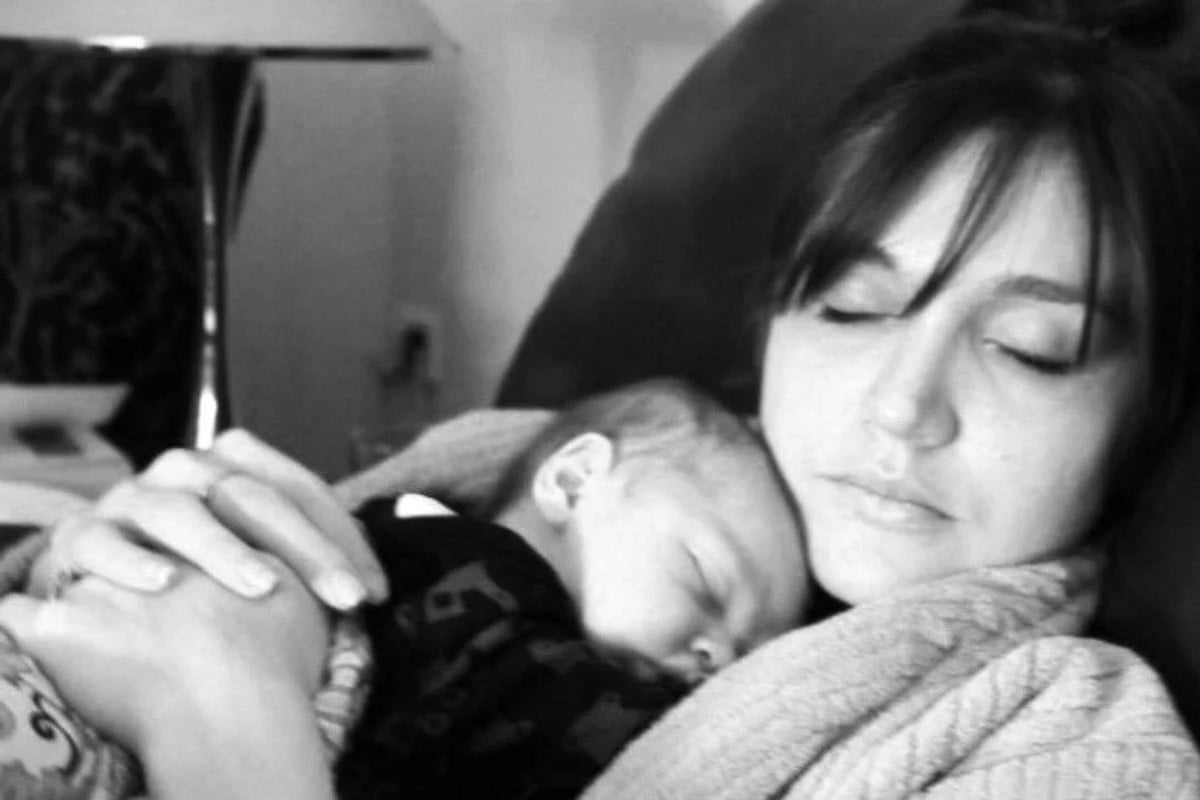
For Ariane Beeston pregnancy was a performance. Each day, she acted out excitement and gratitude about the new life growing inside her belly.
But in truth, she was struggling.
She had convinced herself that the 20-week scan would reveal a bevy of birth defects, the kind she'd been warned about in all those advertisements for prenatal vitamins. She was struggling to accept her changing body and swat away the disordered eating patterns that had plagued her youth. And by the final trimester, Ariane was struggling to feel anything at all. She was hollow and her world muted, as if it had been stripped of its colour.
Ariane was a newly registered psychologist, well-versed in the symptoms of mental illness. And yet she told no one what she was going through.
Listen to the conversation below. Post continues after audio…
Then her baby arrived. A healthy, 3.4kg boy. As she cradled him on her chest, she waited for that rush of intense love, meaning, and existential relief. It didn't come.
"I just didn't feel anything. It was just this very strange sense of nothing," Ariane told Mamamia's No Filter podcast.
Weeks later, Ariane began to experience paranoid thoughts about her child being taken away by protective services. Ariane worked in child protection before having her son, and she became convinced the tables would be turned on her, all because her newborn had developed nappy rash.
Again, Ariane told no one.
